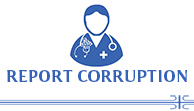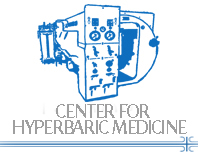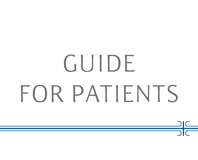Who May Not Be Able to Donate?
The person not eligible to donate blood is everyone who has diagnosed any systemic, respiratory, cardiovascular, gastrointestinal, endocrine or cerebrovascular disease as well as central nervous system disorders, disorders of blood coagulation homeostasis, chronic infections and inflammations or chronic autoimmune disorders. Individuals prevented from donating blood are also those having sexual activities associated with an increased risk to infectious agents, hazardous habits determined by donor questionnaire, persons who have repeated collapses during blood donation or who receive any type of organ transplant. Medical reasons for temporary deferral from donating blood:
• Low level of hemoglobin during seven-day period
• Hypotension (blood pressure is less than 100/60mmHg) to its normalization
• Benign hypertension (blood pressure is more than 180/100mmHg) to its normalization
• Respiratory infections - in the last 14 days
• Lung inflammations - in the last 90 days
• Acutely inflamed gallbladder - in the last 30 days
• Infective jaundice type A - in the last 365 days
• Thyrotoxicosis - in the last 180 days
• Acute kidney inflammation- in the last 1800 days
• Urinary infections - in the last 21 day
• Menstrual period - during the time
• Miscarriage - in the last 180 days
• Pregnancy - in the last 180 days
• Acute alcoholism - in the past day
• Osteomyelitis- in the last 730 days
• Acute allergy - in the last 15 days
• Herpes simplex - in the last 14 days
• Infectious/contagious diseases (i.e. cold)- in the last seven days
• Body temperature higher than 38ºC, symptoms of flu - in the last 21 day
• Whole blood or blood components transfusions- in the last 180 days
• Outpatient surgical procedures- in the last seven days
• Major surgeries- in the last 180 days
• Teeth extraction and simple dental interventions- in the last seven days
• Acupuncture- in the last 180 days
• Tattoo and skin piercing- in the last 180 days
• Certain medications that could be harmful if transfused into another person
• Attenuated vaccines, with microorganisms (BSG vaccine, rubella, measles, mumps, oral polio vaccine, yellow fever, typhus, cholera) - in the last 28 days
• Rabies vaccines - in the last 365 days
• Hepatitis A and B vaccines given as the consequence of virus exposure - in the last 180 days
















